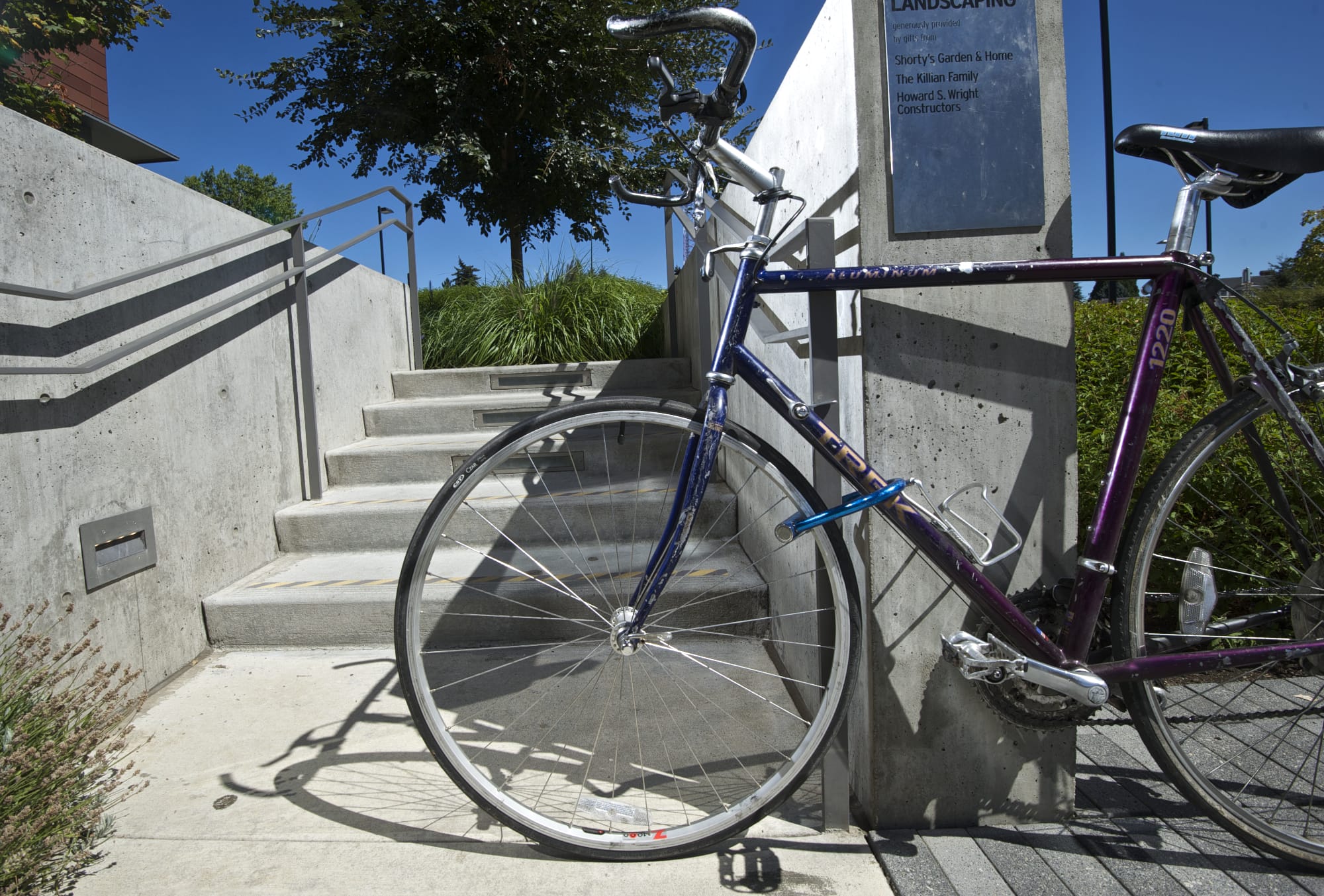Did you know?
• The average number of bicycles reported stolen between 2001 and 2011 in Vancouver was 50.
• As of Aug. 1, there have been 92 bicycles stolen this year.
• There are 29 recovered bicycles in the Vancouver Police Department’s evidence unit.
Bicycle theft prevention tips
• Use a strong lock, such as a U-Lock, to secure your bike.
• Lock your bike whenever you’re not using it, even when it’s stored at your house.
• Only use bike racks that allow you to secure your frame to the rack, not just the wheel.
• Ask businesses you frequent if you can take your bicycle inside with you while shopping.
• Use the BikeLink lockers to store your bike while in the downtown area.
• Register your bike’s serial number, make, model and a description with Bad Monkey Bikes’ “Monkey Shield” program.





